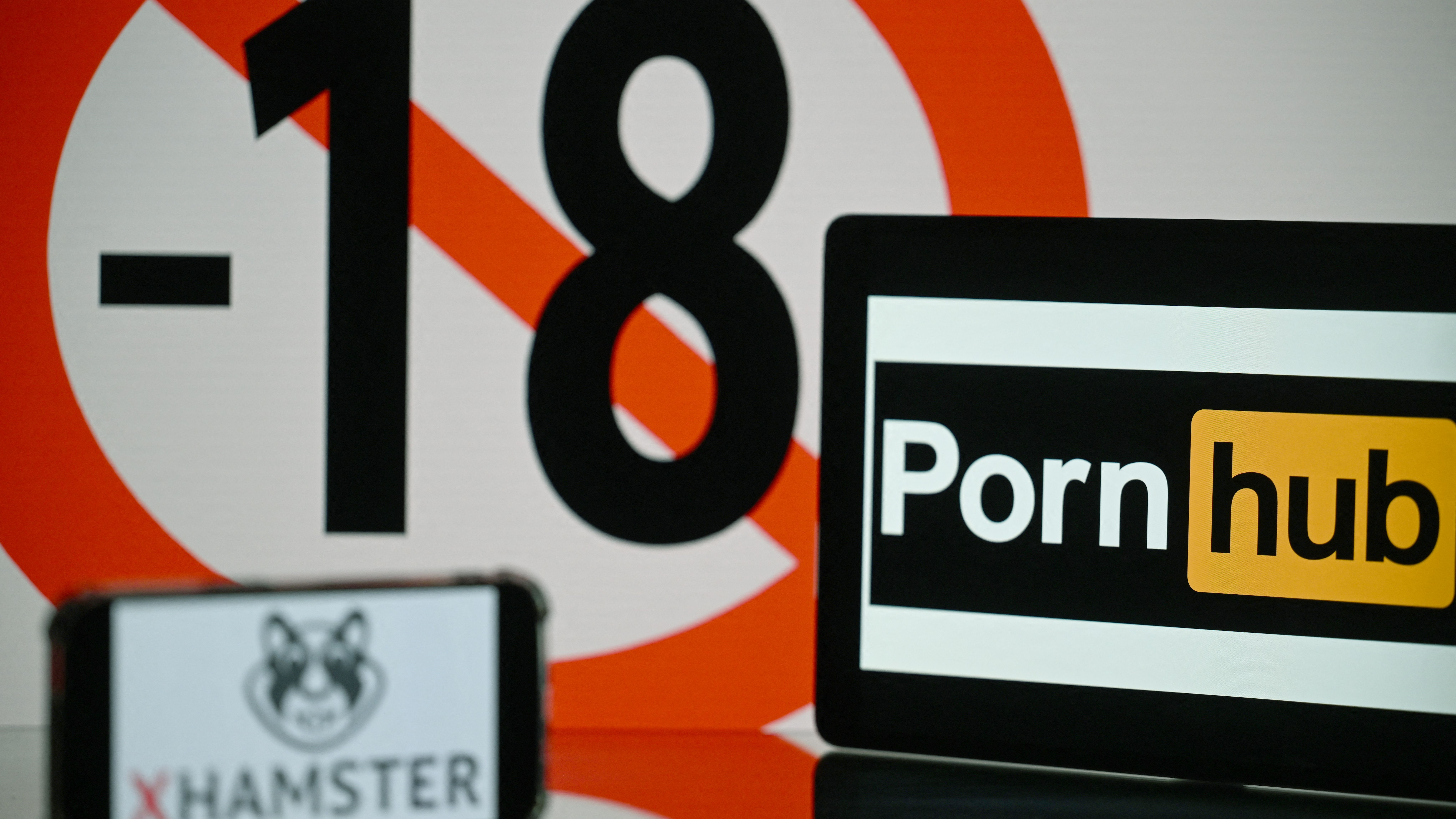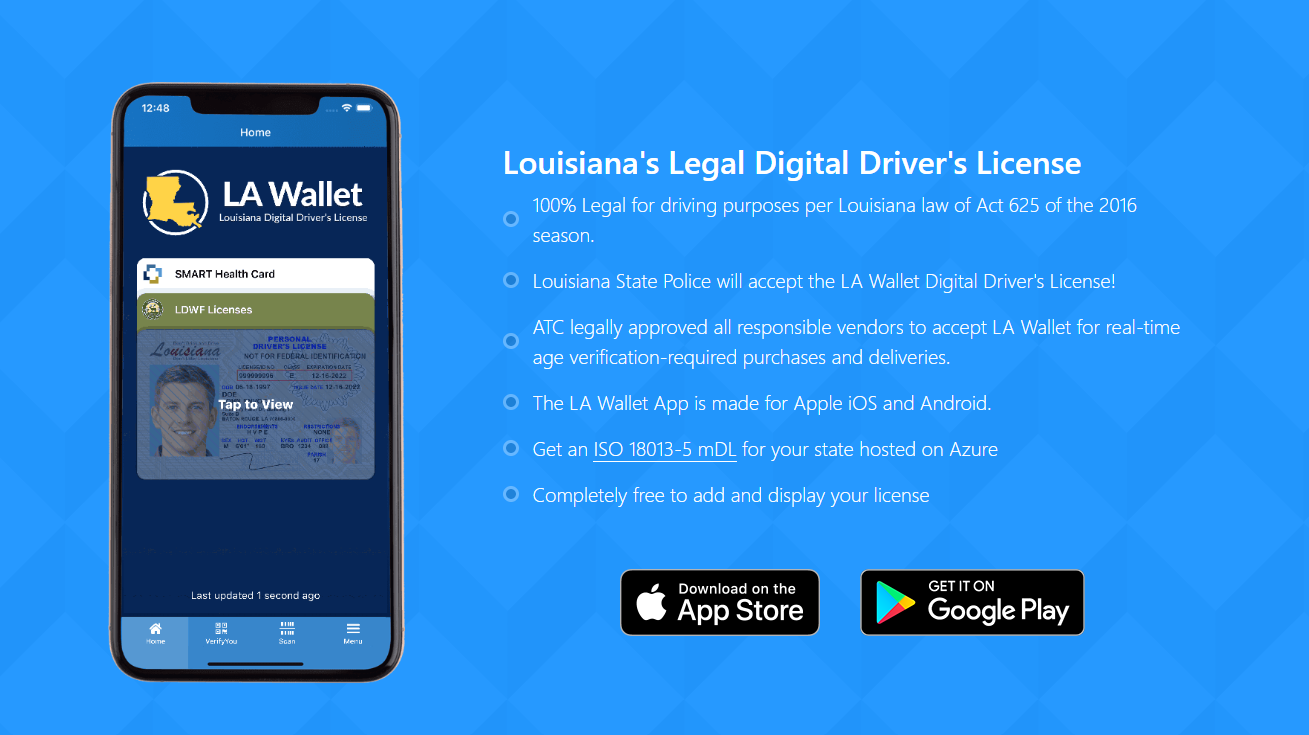Louisiana requires digital government ID to access Pornhub and other adult sites
Protection of minors or infringement of privacy?

For the vast majority of us, one of the most private aspects of our lives is our sex life, and with that comes an innate desire to keep what adult material we consume online to ourselves.
For residents of the State of Louisiana, though, that’s all changed – at least on the surface.
The new legislation, known as HB 142, requires all websites whose proportion of adult content is over 33.3% to officially verify the age of their visitors. Unsurprisingly, the first site to have the bill enforced is the ubiquitous Pornhub, and those in Louisiana now need to present a government ID in some form to gain access to spicy content.
The aim of the bill is to restrict minors’ access to explicit material, and failure to enforce the age-verification procedure could result in the website in question being sued. So far, however, only Pornhub has enforced this law, with rivals XVideos and XHamster still relying on the simple, trust-based checkbox method of verification.
ID please
The age verification process Pornhub has implemented is handled by a third party called AllPassTrust, in tandem with the state’s digital ID app LA Wallet. LA Wallet has proved to be something of a success in the state, and although widely regarded as a smart solution, the digitization of personal details has raised significant privacy concerns.
What’s more, when the countless other adult sites on the web begin to enact similar verification processes, there’s no guarantee they’ll enlist AllPassTrust with the job. So, if you’re something of an erotic explorer and prefer to visit a wide range of pornographic outlets, you may well have to trust a range of third parties with some of your most sensitive government details – and also your viewing habits.
Another concern is that this legislation is likely to favor larger sites like Pornhub and XVideos, while smaller independent outlets may struggle to afford reputable third-party verification services. While opinions on the morality of the pornography industry vary wildly to say the least, steps should be taken to avoid monopolies in any market.
Get daily insight, inspiration and deals in your inbox
Sign up for breaking news, reviews, opinion, top tech deals, and more.

Sidestepping the legislation
Despite Pornhub and the US government reassuring us that the process is safe, secure, and totally private – no details are shared, and the only information used to permit access is whether the user is over 18 – it’s clear that a huge number of consumers will want to avoid any kind of government verification when it comes to adult content.
The simplest way around the verification procedure is to use a VPN – our top-ranked provider is ExpressVPN. By changing your IP address, you can spoof your location, meaning that you can appear to be somewhere else in the US – or the world, for that matter – and avoid having to entrust sensitive details to potentially unknown third parties.
The future for adult content in the US
While Louisiana is the first US state to enforce this form of age verification, helped largely by its trailblazing LA Wallet initiative, it’s unlikely it’ll be the last. AB-2273, the California Age-Appropriate Design Code Act, was floated in August 2022, and if passed could result in similar age-verification procedures becoming necessary in the state.
Back in 2020, Utah also rolled out a law requiring pornographic websites to display a detailed warning upon entry about the perceived harm of adult content on minors. Although it received widespread pushback from the adult industry and was deemed largely performative, it’s clear that many states across the US are beginning to take a harsher stance against adult content.
Whether these steps are borne of a true concern for the wellbeing of minors or are simply symptoms of an alleged rise of puritanical conservatism in the States remains to be seen. However, the bottom line is that it’s becoming ever harder to remain anonymous on the web – and taking steps to preserve what privacy we have left is more important than ever.

Mo Harber-Lamond is VPN Editor at Tom's Guide, and contributor for TechRadar. He focuses on cybersecurity content for Tom's Guide, and creates insightful content across the board to help readers make informed buying choices.
